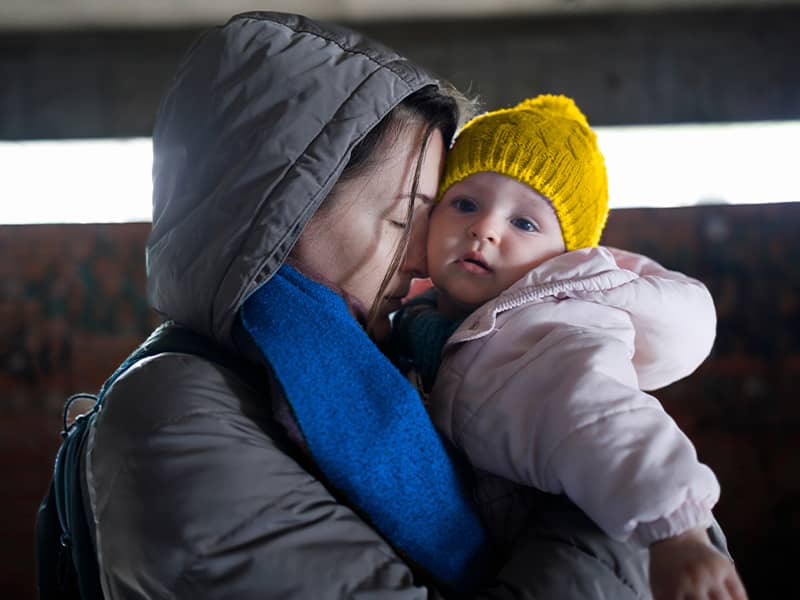Civil liberties advocates say the program is an inefficient way to find terrorists and will only alienate people who could help the government. Allegations that innocent people were arrested during the first phase of the program in December have led to demands for a Justice Department investigation.
Few problems were reported throughout the morning as men lined up in Los Angeles and elsewhere. About 7,200 men age 16 or older were expected to check in with Immigration and Naturalization Service offices around the country. "I think the INS has really acknowledged that lots of mistakes were made," said Ramona Ripston, executive director of the American Civil Liberties Union of Southern California. "There were many flaws. They are saying that anyone who is here legally will not be detained."
In the program's first phase last month, some 400 immigrants were arrested - mostly in Southern California - when they came forward to be photographed, fingerprinted and questioned. Most have been released on bail, but activists said the names and whereabouts of dozens more remain unclear.
INS spokesman Francisco Arcaute said steps were being taken to avoid large-scale detentions like those that sparked protests last month. "It does appear the process was not as smooth as we would have liked it to have been," he said. "If all is in order, they are allowed to go on their merry way."
Arcaute said those arrested had violated immigration law or were wanted by law enforcement officials. He rejected arguments by critics that terrorists would not voluntarily register with federal authorities. "Let me just remind you that the people who committed the terrible acts on 9-11 were registered," he said, referring to the fact that many of the hijackers had student visas.
The first phase of the registration program involved immigrants from Iraq, Iran, Libya, Sudan and Syria. Friday was the deadline for the second phase and involved immigrants from Afghanistan, Algeria, Lebanon, North Korea, Bahrain, Eritrea, Morocco, Oman, Qatar, Somalia, Tunisia, the United Arab Emirates and Yemen. The next deadline is Feb. 21 for Saudis and Pakistanis.
Attorneys for several Middle Eastern immigrants and civil rights groups in California had sought a temporary restraining order Thursday to protect some undocumented immigrants who have filed for residency. But U.S. District Judge Alicemarie H. Stotler refused to intervene, saying the federal courts lack jurisdiction.

